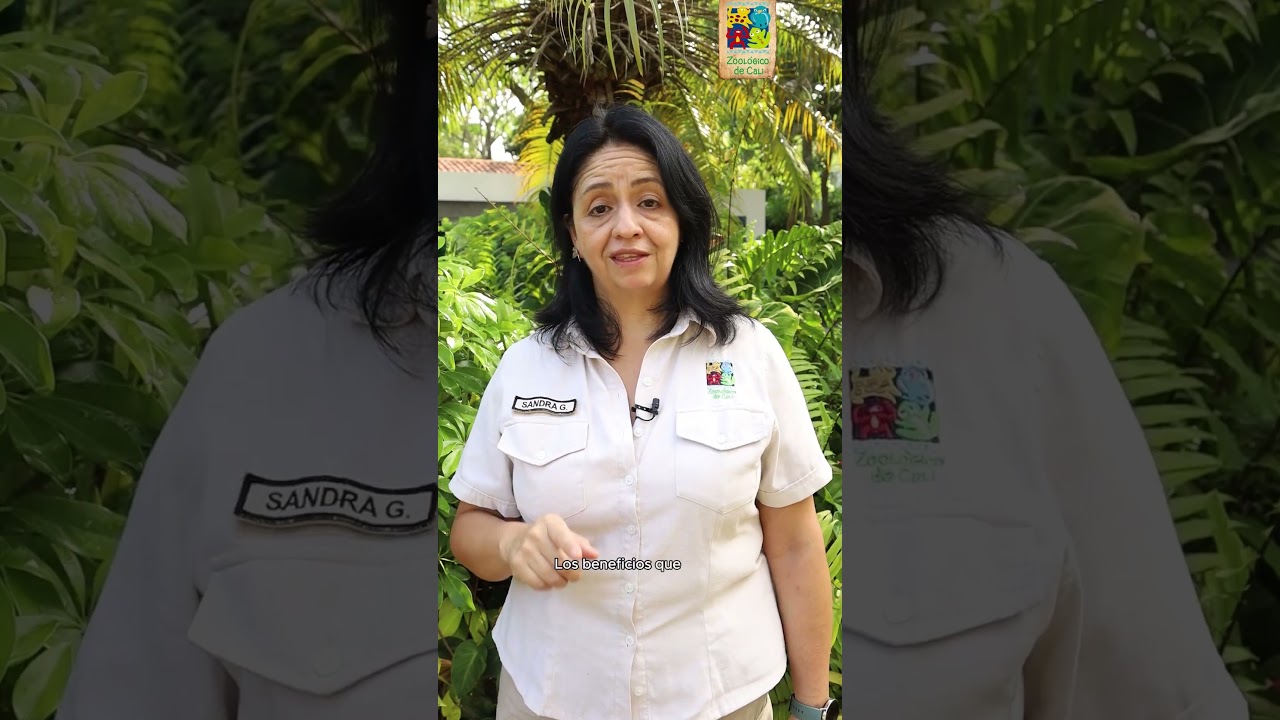– The importance of specialized training in Zoological Medicine and Wildlife Nutrition
– The role of these programs in wildlife conservation and zoo management
– Key components and curricular structures of these training programs
– Career paths and opportunities for graduates in this field
– Advances and challenges in the field of Zoological Medicine and Wildlife Nutrition
Zoological Medicine and Wildlife Nutrition disciplines are critical in maintaining the health and welfare of captive and free-ranging wildlife. These areas of study provide vital support for conservation efforts, zoo management, and the rehabilitation of endangered species. As human impact on natural habitats continues to escalate, the importance of specialized training in these fields cannot be overstated. This article delves into the intricacies of training programs focused on Zoological Medicine and Wildlife Nutrition, outlining their significance, structure, and opportunities for professionals committed to wildlife conservation.
Specialized training in Zoological Medicine and Wildlife Nutrition is foundational for the effective care, preservation, and rehabilitation of wildlife species. These programs equip veterinarians, zookeepers, and wildlife conservationists with the necessary skills and knowledge to address various health and nutritional issues animals face in captive and natural environments. The training is comprehensive, covering diverse topics from animal biology and physiology fundamentals to advanced diagnostic and treatment techniques. This in-depth educational approach is critical for preparing professionals to tackle the multifaceted challenges of wildlife conservation and zoo management.
A curricular structure that combines theoretical knowledge with practical hands-on experience is central to these training programs. Courses typically span various subjects, including veterinary anatomy, pathology, pharmacology, nutrition, preventive medicine, and conservation biology. Practical training often involves rotations in zoos, wildlife rehabilitation centers, and conservation projects, providing students with invaluable real-world experience. This blend of classroom learning and fieldwork ensures graduates are well-equipped to contribute meaningfully to Zoological Medicine and Wildlife Nutrition.
Career opportunities for individuals with specialized training in these disciplines are diverse and rewarding. Graduates can pursue roles in veterinary hospitals, zoological parks, wildlife sanctuaries, research institutions, and conservation organizations. Beyond direct animal care and management, professionals in this field often engage in research, education, and advocacy, working to advance the science of animal health and nutrition while promoting global wildlife conservation efforts.
Despite the comprehensive nature of these training programs, Zoological Medicine and Wildlife Nutrition fields face ongoing challenges and advancements. Emerging diseases, habitat destruction, and climate change pose significant threats to wildlife health and survival, necessitating continuous innovation and adaptation in veterinary practices and nutritional management. Research in these areas is crucial for developing new treatments, dietary formulations, and conservation strategies to safeguard wildlife populations. Training programs must, therefore, remain dynamic, integrating the latest scientific findings and technological advancements to prepare the next generation of wildlife health professionals.
Programas de formación en Medicina zoológica y Nutrición de fauna silvestre are vital for the sustained health and conservation of animal species around the globe. These education and training endeavors support wildlife in overcoming the health and nutritional challenges of a changing world. Through rigorous academic coursework and hands-on field experiences, these programs shape competent professionals capable of contributing significantly to zoo management and wildlife conservation. As these fields continue to evolve, the ongoing development and refinement of training curriculums will be essential in equipping professionals with the tools they need to address the contemporary and future challenges of Zoological Medicine and Wildlife Nutrition.
*****
Source Description
¡Una oportunidad única para ser parte de nuestra familia!🐢💛
Junto a la Universidad CES, abrimos la convocatoria para los programas de entrenamiento en Medicina zoológica y Nutrición de fauna silvestre dirigido a profesionales con una vigencia de graduados no mayor a 4 años y egresados próximos a titularse como profesionales en Medicina Veterinaria, Medicina Veterinaria Zootecnista y Zootecnia.
Escríbenos para más información al correo: internado@fzc.com y conviértete en un aliado de la conservación🥳
@universidadces
@zoologicodecali


